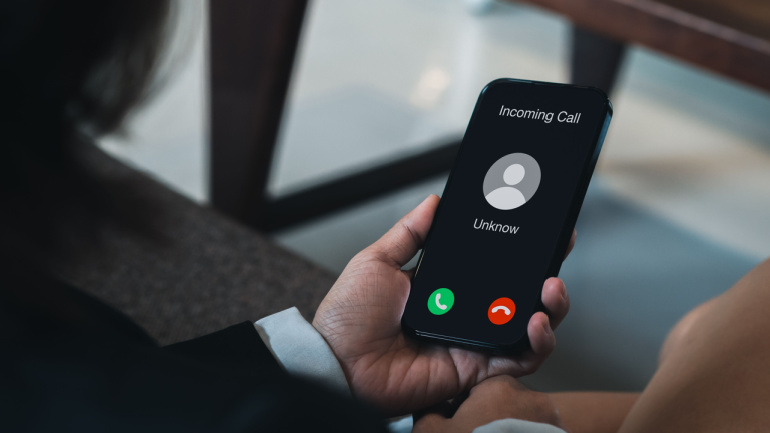In a groundbreaking move against the scourge of robocallers, the Federal Communications Commission (FCC) has announced a historic forfeiture of $300 million, showcasing their unwavering commitment to tackling the issue head-on. However, the question of when this record penalty will actually be paid remains an uncertainty.
The notorious robocaller involved in this case had operated under multiple aliases, orchestrating fraudulent schemes since 2018. The FCC’s revelation details that the enterprise employed an intricate ploy aimed at peddling vehicle service contracts, deceitfully marketed as legitimate auto warranties. Central figures in this operation, Roy M. Cox and Aaron Michael Jones, were already under lifelong bans from telemarketing due to previous lawsuits from the Federal Trade Commission and the State of Texas. This fraudulent enterprise operated under a range of names, including Sumco Panama, Virtual Telecom, Davis Telecom, Geist Telecom, Fugle Telecom, Tech Direct, Mobi Telecom, and Posting Express.
By luring individuals with promises of auto warranties, this long-standing scheme harvested personal information. These calls exhibited typical robocall traits, including a lack of caller identification, disregard for call consent laws such as the Do Not Call list, absence of a call-back number, and area code spoofing.
The extent of this operation was staggering, with an estimated five billion of these calls being made. FCC Chairwoman Jessica Rosenworcel herself encountered a few such calls. She highlighted the FCC’s strategic intervention: “Following our action, the number of auto warranty calls fell by 99 percent.”
This effective response was facilitated by the FCC’s continuous enhancements to their robocall enforcement mechanisms and collaborations with nearly all U.S. Attorneys General. However, the challenge of imposing substantial fines on these offenders remains. While the FCC can investigate, initiate counter-actions, and document criminal activities, the execution of a $300 million fine requires involvement from the Justice Department.
Rosenworcel expressed hope that Congress might consider granting the FCC the authority to independently pursue these fines. Presently, the FCC’s recommendation for the fine will be forwarded to the Justice Department for collection. Nonetheless, the bureaucratic nature of federal agencies like Justice raises concerns about the timeliness and effectiveness of the process.
With the ongoing cat-and-mouse game between regulators and scammers, it’s evident that the FCC’s persistence plays a pivotal role in curbing the menace of robocalls. As Rosenworcel asserted, “We know the scam artists behind these calls are relentless… we are coming for them, and won’t stop until we get this junk off the line.”







